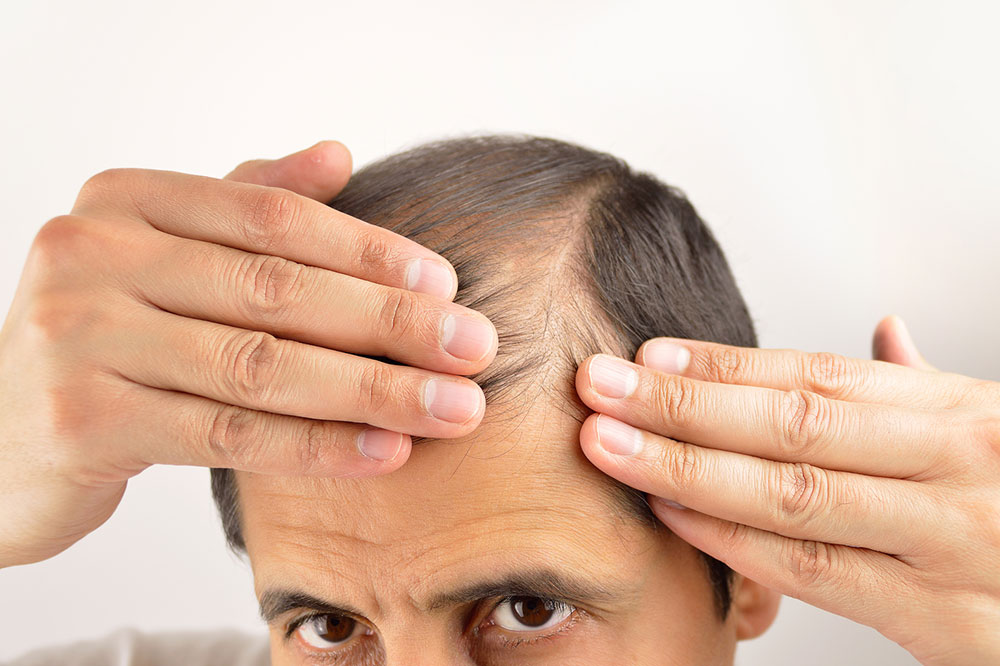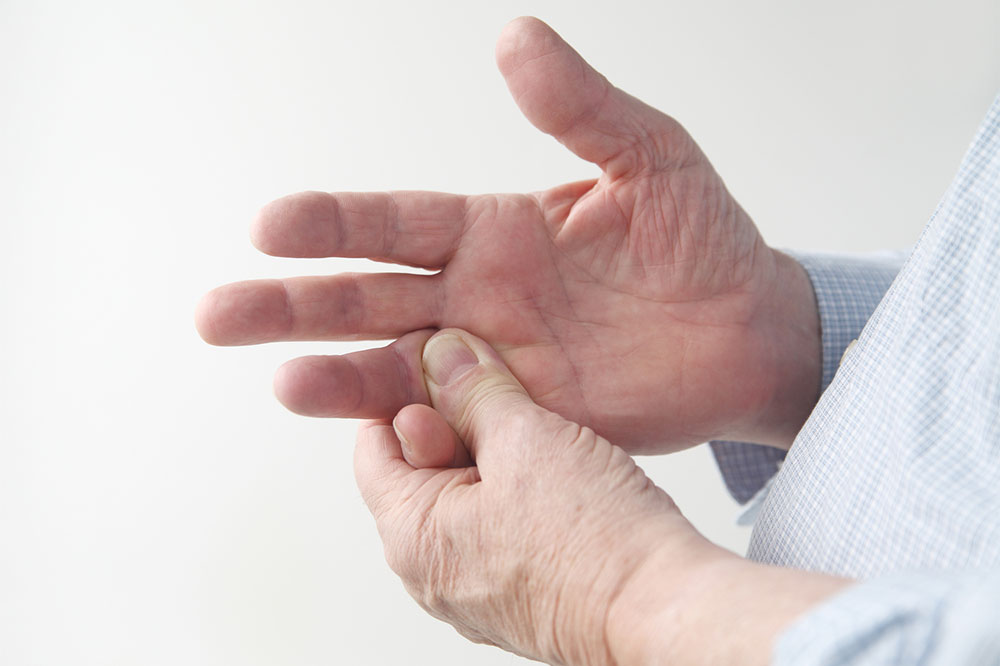8 credit card habits to avoid

Credit cards are easy to use and super convenient when used properly. But, these cards can also be devastating to your financial health and can have a negative impact on your credit score if you use them wrong. Poor or irresponsible credit card usage can lead to debt, which can affect your long-term financial stability. Read on to learn about which credit card habit of yours might be doing more harm than good.
Not paying your credit bill in full
One of the most common credit card habits that will hurt you, in the long run, is not paying your credit card bills in full. Paying only the minimum due or only part of your bill does not really allow you to make any progress on paying off your balance. In fact, in such cases, you are more likely to end up paying more interest. Plus, you are also damaging your credit score and raising your credit utilization. It is a good practice to only spend how much you need and pay off all of it at once.
Not checking your statement often
Not checking your credit card statement can also lead to trouble. There could be a chance that you forgot about some expenses. This could lead to your spending over your assigned budget. There could also be an increase or decrease in your credit card limit or there could be a payment that was not applied properly. In any case, it is important to keep tabs on your statement. You can easily do so by checking your credit/banking app on your smartphone.
Making late bills payments
Another common mistake that many individuals make with their credit cards is making late payments. Constantly making late payments can lead to serious troubles. For starters, you may have to pay additional late fees. Additionally, those who habitually pay late may also notice an increase in interest rates. Late payment remarks can also get added to your credit score, which can affect your ability to maintain good credit.
Closing older credit accounts
Your credit score is dependent on a wide range of factors. One of the factors that contribute significantly to your score is your credit history. Closing any older credit accounts can actually lower your credit score. Those who have high scores usually have long credit histories, so avoid closing any old credit accounts.
Taking out loans or advances
Taking cash advances on your card is convenient and easy. But, most credit card companies will charge you a higher interest rate for cash advances compared to a regular credit card purchase. You also do not receive a grace period to pay back a cash advance. You most probably will have to additionally shell out for a cash advance fee, which is three percent of the cash amount you have withdrawn.
Applying for new credit cards
Applying for new cards when there are low-interest promotions or bonuses is super tempting. But, getting new credit cards even though you already have a few can hurt your credit score. Having multiple cards can also make it super difficult to manage them.
Not using your credit cards
Not using your credit card often is as damaging as using your credit card too much. If your card is unused for a long period of time, your credit score will disregard those cards. The issuer may also cancel your dormant card.
Making balance transfers
Balance transfer credit cards with low-interest rates are a great way out of paying the high-interest debt. But, transferring your debt multiple times can affect your finances negatively. Not only will you be paying off your debt amount, but you would also be paying additional transfer fees.







